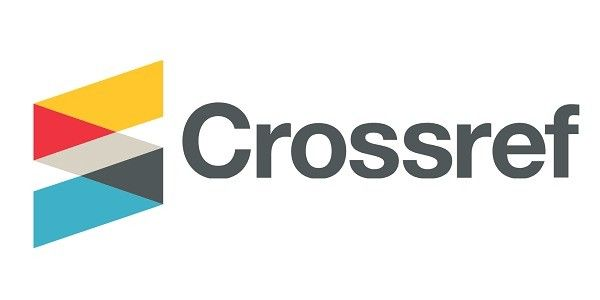PROFESSIONAL COMPETENCIES OF FUTURE PHYSICAL EDUCATION TEACHERS: THE RELATIONSHIP BETWEEN EMOTIONAL INTELLIGENCE AND ORGANIZATIONAL SKILLS
DOI:
https://doi.org/10.56525/BONL9186Keywords:
physical education, emotional intelligence, communicative inclinations, organizational inclinations, pedagogical competence, students, teachersAbstract
The study used D. V. Lyusin's emotional intelligence test and V. V. Sinyavsky and B. A. Fedorishi's communication and organizational skills test, and compared the indicators between the two groups. The connection between emotional intelligence and communication skills
between students and teachers has acquired certain features. It was noticed that as the level of
emotional intelligence among students increases, the level of communication skills and emotion
management also increases. This shows that students' participation in communication at different
levels in the learning process, as well as creates effective opportunities for the development of their
practical skills. The ability to develop and manage emotional intelligence can improve the psycho-emotional well-being of students and teachers, and increase the effectiveness of the educational process. The development of these skills among teachers and students contributes to improving the quality of
education and ensuring the success of teaching activities. This research, in turn, highlights the need to develop emotional intelligence and
communication skills to enhance the professional competence of educators. The integration of these
skills into the educational process, as well as the introduction of special programs aimed at the
professional improvement of teachers, will undoubtedly be an important step towards improving the effectiveness of the education system. The study utilized the methodologies of D. V. Lusin’s "Emotional Intelligence" and the test by V. V. Sinyavsky and B. A. Fedorishin "Communicative and Organizational Aptitudes", which allowed for a comparative analysis of indicators between two
groups. The results of the study demonstrated a stable correlation between the level of emotional
intelligence and communicative skills in both students and teachers. It was found that students with a higher level of emotional intelligence exhibit better abilities in effective communication, emotion management, and conflict resolution. This indicates that active involvement of students in communicative processes within educational activities contributes not only to the development of
their practical skills but also to the formation of important personal qualities such as empathy, stress
resilience, and the ability to collaborate. The development of emotional intelligence and communicative skills plays a key role not only
for students but also for teachers. For educators, the ability to manage their emotions, understand
students’ emotional states, and build constructive interactions within the academic community is an
essential aspect of professional competence. This helps create a positive psychological atmosphere in study groups, which positively influences students’ motivation and engagement in the learning
process. Furthermore, enhancing these skills among teachers enables them to more effectively solve pedagogical tasks, adapt to changes in the educational environment, and maintain a high level of
professional activity.
The study highlights the need to implement programs aimed at developing emotional
intelligence and communicative skills in the education system. This may include specialized training,
workshops, and courses for teachers, as well as the integration of relevant modules into students’
curricula. Such measures will contribute not only to improving the quality of education but also to
creating conditions for the harmonious development of all participants in the educational process.
The development of emotional intelligence and communicative skills is an essential step toward
forming a more effective and humanistic education system that meets modern requirements and
challenges.






